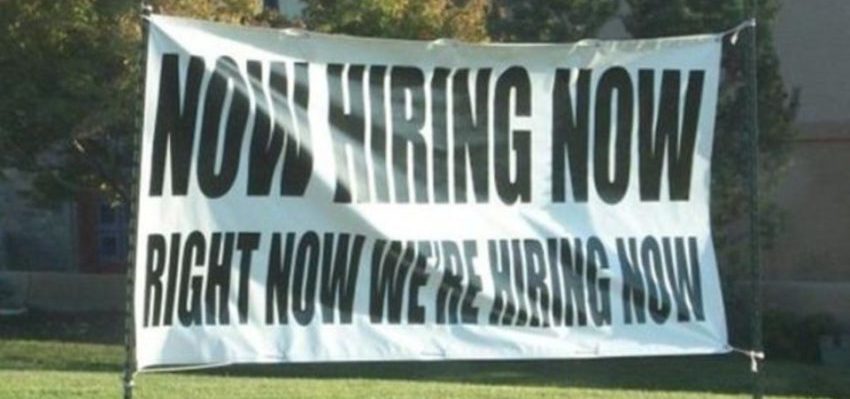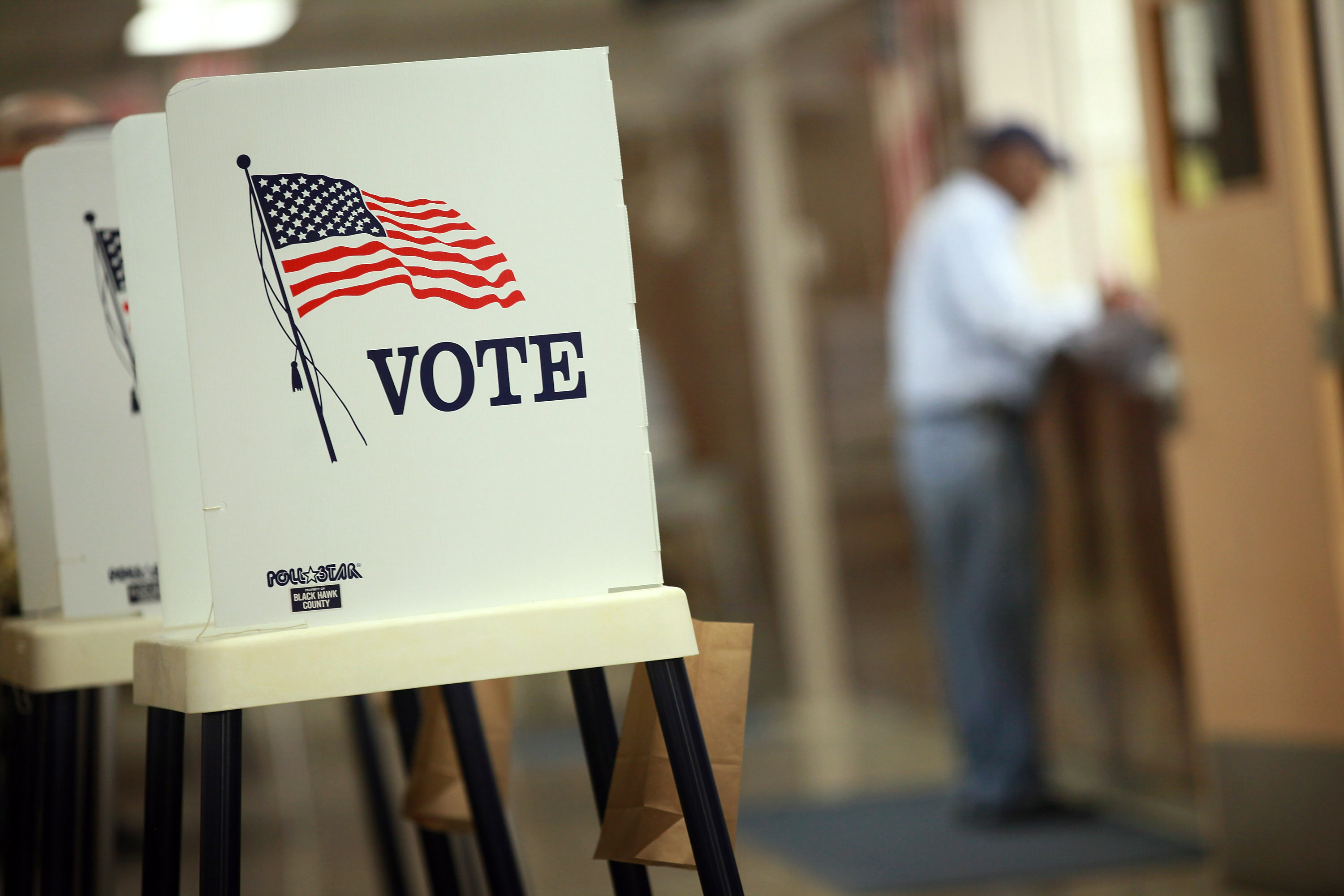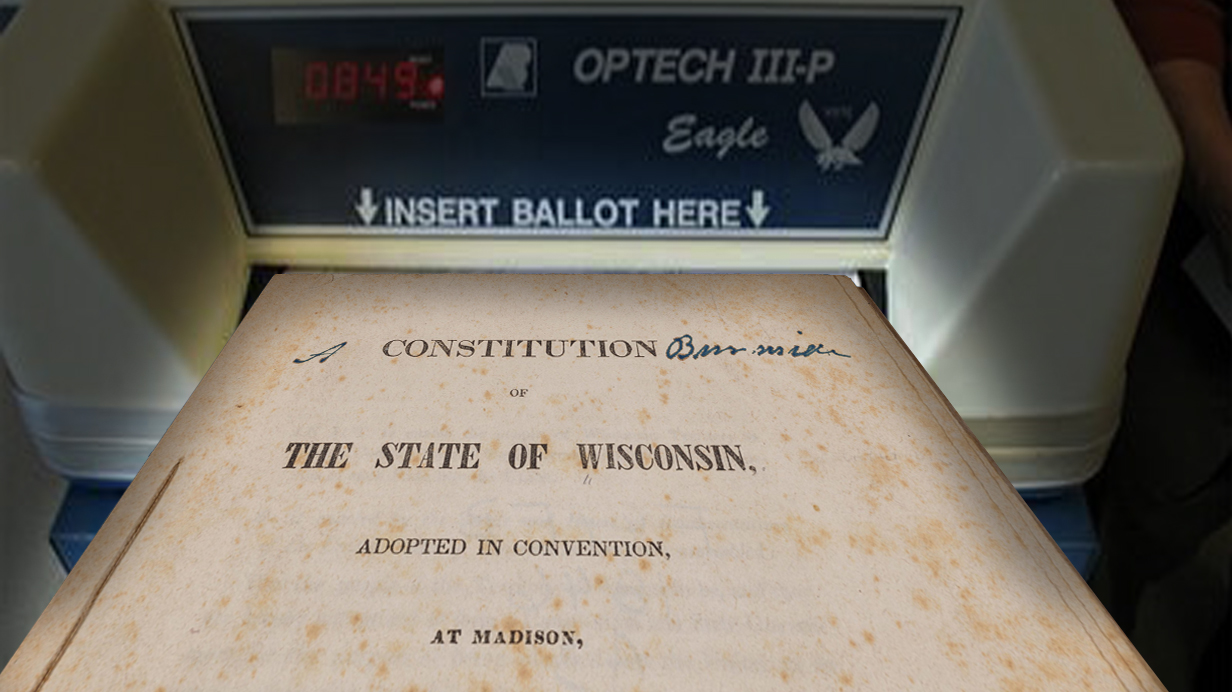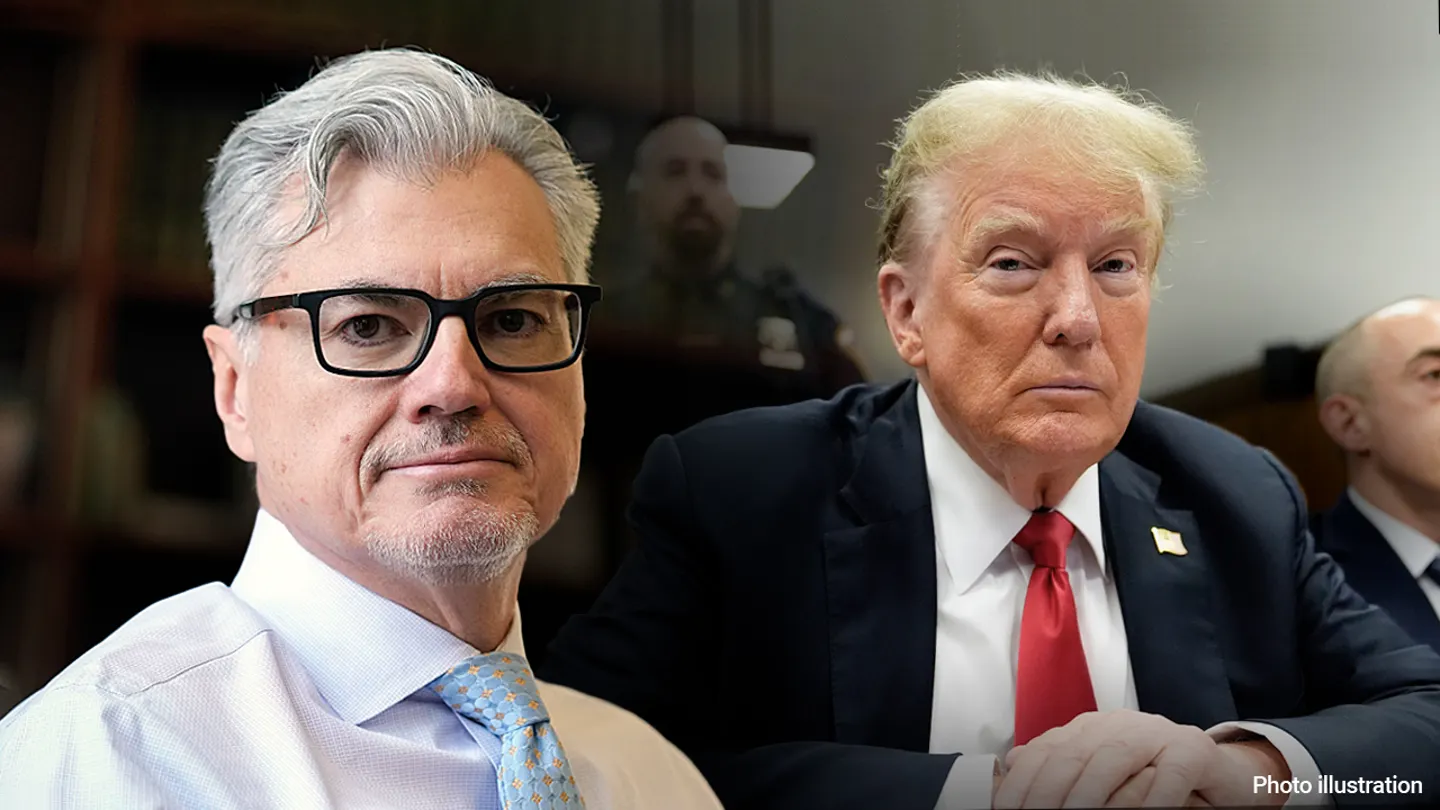 [bctt tweet=”.@SenatorTestin says businesses in his district are concerned about Gov. Tony Evers’ tax cut plan that hikes taxes on manufacturers, a proposal that could chill expansion plans. #wiright #wipolitics” username=”MacIverWisc”]
[bctt tweet=”.@SenatorTestin says businesses in his district are concerned about Gov. Tony Evers’ tax cut plan that hikes taxes on manufacturers, a proposal that could chill expansion plans. #wiright #wipolitics” username=”MacIverWisc”]
MacIver News Service | Feb. 12, 2019
By M.D. Kittle
MADISON, Wis. — Gov. Tony Evers’ plan to cut middle-income taxes by raising taxes on Wisconsin’s vital manufacturing sector is making some employers nervous.
“This is not the time we should send out mixed messages within the state of Wisconsin that’s going to put any new development or growth on ice,” Testin said.
And that’s not what the doctor ordered for a resurgent sector that not that long ago seemed to be on life support.
“I have an advanced manufacturer in my district in the process of trying to expand their business. Now they are are concerned, with the rhetoric coming out of the East Wing, they’re not sure if it’s the right to expand their business,” state Sen. Patrick Testin (R-Stevens Point) told MacIver News Service last week on the Vicki McKenna Show on NewsTalk 1130 WISN.
The markets may hate uncertainty, and business deplores it.
“This is not the time we should send out mixed messages within the state of Wisconsin that’s going to put any new development or growth on ice,” Testin said. “We should continue to pursue policies that are going to grow our economy.”
Evers campaigned on a pledge to cut taxes 10 percent on middle-income earners, amounting to about $225 in tax relief for the average filer. The Democrat’s plan, yet to be fully defined, would be paid for in large part by hiking taxes on manufacturers that make more than $300,000 annually. Those who do exceed the income limit would no longer receive the state’s manufacturing and agricultural tax credit. Evers says the cap would generate about $518 million to pay for his proposal, leaving nearly $375 million at present unpaid for.
An Assembly Republican tax relief package would also target middle-income earners, delivering a $300-plus income tax cut for the median income family, according to the Legislative Fiscal Bureau. Republicans fund their proposal using about $340 million annually from the projected $2.4 billion in additional tax revenue over the next couple of years.
The bill, which passed last week in the Legislature’s Joint Finance Committee on a party-line vote, is slated for floor debate this week in the Republican-controlled Legislature.
Evers’ plan appears to be a nonstarter for Republicans.
“We are not going to raise taxes — period,” said Assembly Speaker Robin Vos (R-Rochester). “We are not going to raise taxes, especially on our job creators, when we have a huge budget surplus.”
Capping the tax credit, critics say, could be disastrous for a rapidly expanding manufacturing sector that has helped the Badger State keep its unemployment rate at 3 percent or lower for nearly a year.
The state added 9,100 private-sector jobs in December, according to the latest preliminary data from the Wisconsin Department of Workforce Development. Wisconsin’s unemployment rate remained at 3 percent.
Capping the tax credit, critics say, could be disastrous for a rapidly expanding manufacturing sector that has helped the Badger State keep its unemployment rate at 3 percent or lower for nearly a year.
Wisconsin added 44,900 private-sector jobs from December 2017 to December 2018, with weekly wages rising a robust 4.5 percent in year-over-year comparisons. Wisconsin’s private-sector wages grew on average by 5.7 percent in the first five months of 2018, according to Census Bureau data. That compared to 2.7 percent for the entire U.S.
Manufacturing has had a lot to do with the strong economy.
In 2018, Wisconsin ranked 2nd nationally and 1st in the Midwest in manufacturing job growth, according to the U.S. Bureau of Labor Statistics.
“Wisconsin’s manufacturing sector continues to drive the Wisconsin comeback…,” Ray Allen, secretary of the Department of Workforce Development at the time, said last year.
Manufacturing has come a long way since the dire days when the sector bled jobs.
The steep decline of the U.S. manufacturing in the early 2000s killed some 2.4 million jobs, taking a huge toll in so-called “Rust Belt” states like Wisconsin.
Midwest manufacturing muscle is back.
“Seven Rust Belt states (Ohio, Pennsylvania, Indiana, Michigan, Illinois, Wisconsin, Minnesota) have 3.7 million manufacturing jobs, more than 17 large Western states including California and Texas,” noted a June 2017 report by the Century Foundation titled, “Why Manufacturing Jobs are Worth Saving.”
“Manufacturing is now of greatest importance to mostly rural communities in these manufacturing states, where it makes up one-in-four private-sector jobs, as compared to either strictly rural or urban areas,” the report’s authors wrote. Wisconsin’s manufacturing base boasts a workforce of some 465,000 workers, or about 16 percent of all jobs, which is double the national average.
A big reason for manufacturing’s resurgence in Wisconsin is tax policy change over the last eight years, particularly the manufacturing and agriculture tax credit that was among Republican Gov. Scott Walker’s top first-term initiatives. A 2017 University of Wisconsin-Madison analysis of the tax credit found it had accounted for the addition of more than 20,000 manufacturing jobs and more than 42,000 total jobs over a three-year period.
Capping the tax credit would have real-world implications on businesses that have helped build Wisconsin’s economic turnaround.
The vast majority of Wisconsin businesses in the U.S. — and Wisconsin — are pass-throughs, such as S-corporations and sole proprietorships. The tax structure passes income through to the businesses owners to be taxed under the individual income tax, not at the corporate rate. It reduces the effects of double taxation faced by traditional C-corporations.
In December’s extraordinary session, the Legislature passed a bill allowing pass-throughs the ability to choose between filing under the individual tax code or the higher 7.9 percent corporate rate. In that case, the businesses aren’t capped by the $10,000 limit on individual income tax deductions.
Most pass-throughs are small businesses with $10 million or less — much less in many cases – in sales or receipts. Evers’ tax increase on small manufacturers with taxable income of more than $300,000 would more than likely stymie job creation and production expansion in Wisconsin, Testin said.
That’s why it’s critical, Testin said, that the Legislature hold the line on any attempt to raise taxes.
“That’s the wrong approach right now. We don’t need to,” the senator said. “The (Legislative) Fiscal Bureau numbers show we are in sound fiscal ground right now. To upend the apple cart and send a chilling message to the business community in the state that we have an administration that wants to be tax happy, it’s the wrong call.”
This is personal
Ask Bill Smith what he thinks about the legislative battle over tax cuts and he’ll tell you lawmakers should instead focus on repealing one of the state’s most inequitable taxes: The personal property tax.
“We urge the governor and the Legislature to get rid of the personal property tax and give Main Street some real relief,” Smith, state director of NFIB Wisconsin told MacIver News Service.
Wisconsin law has long taxed businesses on their personal property. The business community got a partial victory in the last session, when the Republican-controlled Legislature passed a $75 million repeal, exempting machinery, tools and patterns from the personal property tax code.
True fairness, Smith said, will come when the entire tax is wiped out.
“Doing so would impact every business on Main Street equally, without picking winners and losers,” he said.




